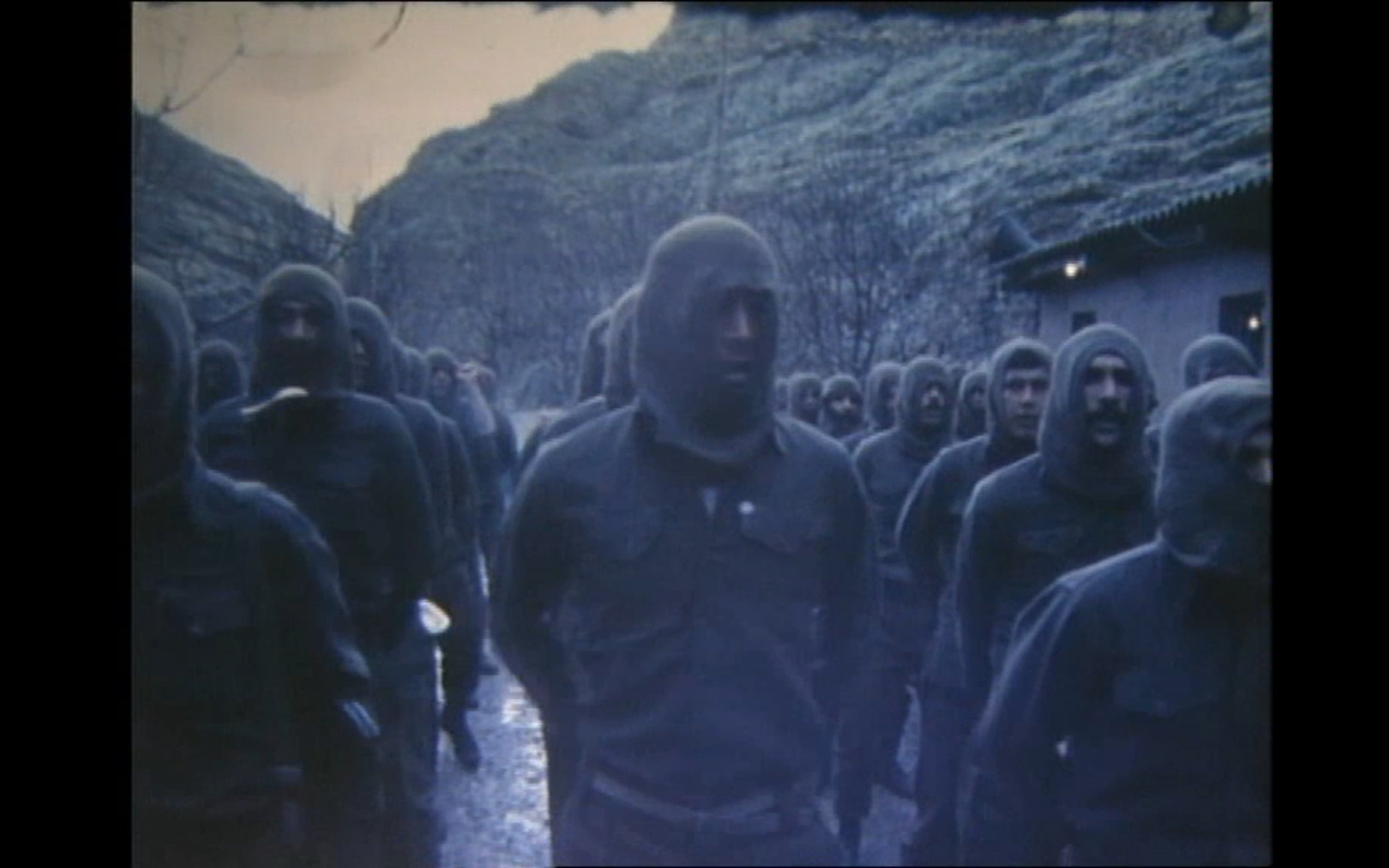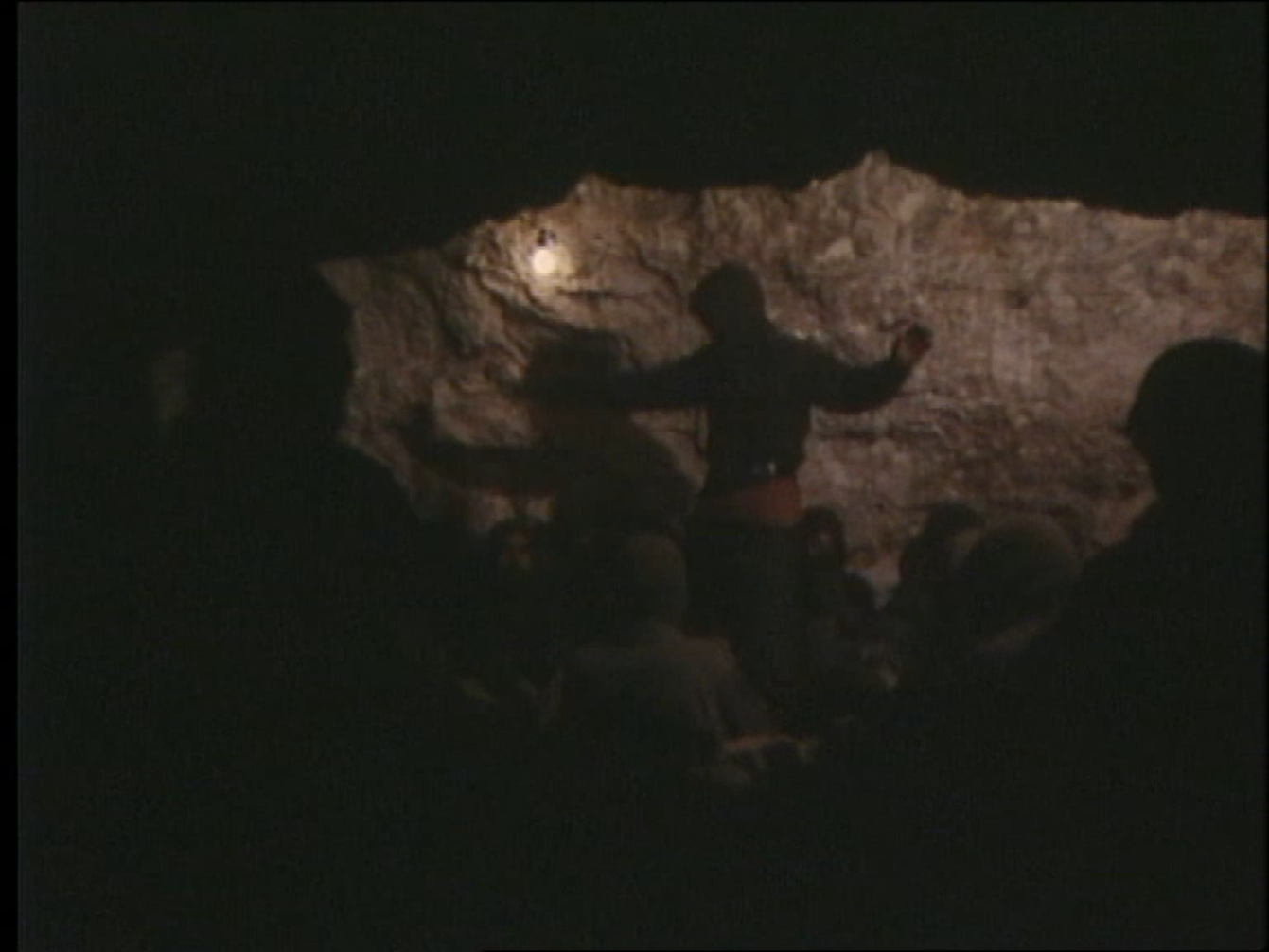This film has recently been restored.
This restoration was carried out using a 2K scan of the original 16mm reversal positive work print and 16mm magnetic sound preserved at the Archives françaises du film.
Scan image: Adrien Von Nagel – Polygone étoilé/Film Flamme
Sound scanner: Jean-Philippe Bessas
Image restoration: Manal Zakharia – Institut National de l’Audiovisuel
Sound restoration: Monzer El Hachem
Calibration: Chrystel Elias – Lucid Post
Coordination, production: Mathilde Rouxel, Jinane Mrad – Association Jocelyne Saab
Available versions: French version – subtitles: French, English, Arabic, Spanish; Arabic version.
When peace proves impossible, all means are justifiable in defence of a political cause. That’s what the suicide-commandos argue, operating on the frontier separating the Palestinian territories from the land they refus to accept as the state of Israel. Jocelyne Saab films these adolescents, between the ages of 16 and 20, who train every day in secret underground base to become suicide-commandos.
Jocelyne Saab’s word…






